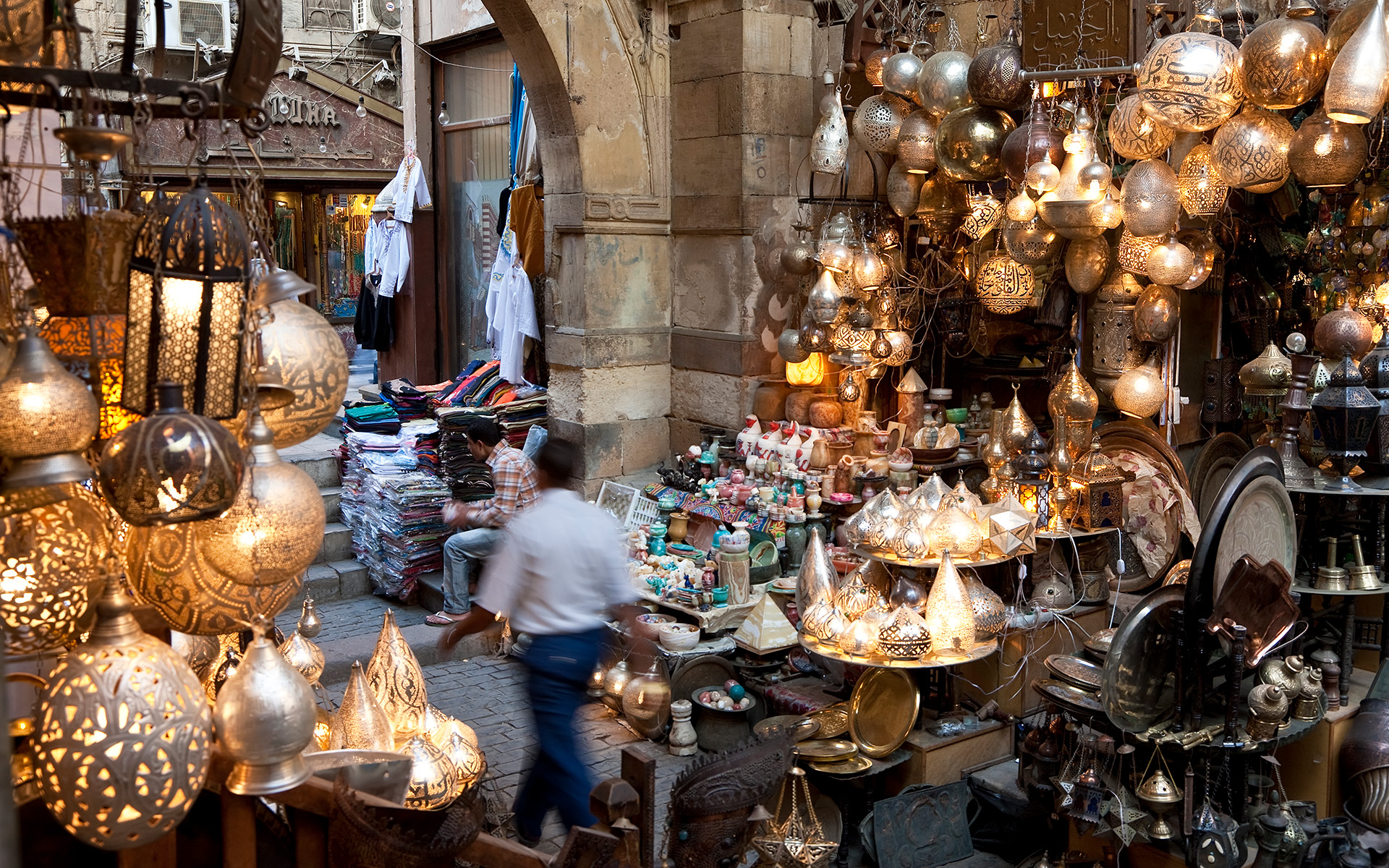A historic commercial hub for North Africa and the Middle East, the city’s business, industrial, and retail sectors have an opportunity to grow further with the right policies.
City Class Score
| Commercial Hubs | |
| Export Champions | |
| Mobility Connectors | |
| Climate Resilient |
Corporate HQs, MNC presence, branded outlets, hotels, manufacturing, start-up ecosystem,
transport linkages, population, and income.
Go to the class information
Manufacturing, industrial parks, export share and share change by category, air and port
infrastructure, freight time to market, trade agreements, and expert interviews.
Go to the class information
Passenger traffic, flight connectivity, air-cargo flights, port infrastructure, container
ship sailings, and major road networks.
Go to the class information
Coastal and river flooding, extreme rain, extreme heat and humidity, cyclones, and water
scarcity.
Go to the class information
The pyramids of Giza loom on the outskirts of Cairo, just a few kilometers from
the city’s modern sprawl. Tourists visit these ancient wonders before returning to Cairo’s bustling
streets, exploring sites that span 6,000 years of history in a single day. The city has long served
as a commercial hub, facilitating the movement of goods and people along the Nile and connecting
Africa, Asia, and Europe. Khan el- Khalili bazaar, with its blend of Islamic and Mamluk buildings
adorned with wooden latticework and ornate metal lanterns, is just one reminder of Cairo’s
commercial importance and buzzes with activity as merchants and shoppers fill its narrow alleys.
Egypt faced economic challenges during the past few years and will experience more, not
least because of climate change. However, Cairo’s importance as a top-ranked commercial hub in
Africa is justified given the size of Egypt’s market, the city’s connectivity to the region, and its
tourism. Cairo also will benefit from global supply chain shifts as multinationals seeking low-cost
nearshoring options close to Europe tap the city’s existing manufacturing base. It also stands to
gain from global growth rebalancing and an increase in tourists from Asia and the Middle East, as
well as from neighboring African countries.
Cairo attracts 11 million tourists annually,
deservedly given the city’s wealth of historic sites. These numbers are reflected in the city’s
flight connectivity to the rest of world, with more than 130 destinations served. Cairo’s hotel
industry is strong as a result, albeit underweight relative to its potential, especially when
compared with regional peer Istanbul. The retail sector also hosts a greater number of global
brands, from luxury goods outlets to coffee chains, compared with other cities on the African
continent, benefiting from a sizeable professional class working in domestic corporates or regional
capability centers of major multinationals.
Cairo is home to a well-established corporate
sector with several major firm headquarters. Elsewedy Electric and Orascom Construction are two such
players with large regional portfolios. The city’s well-established manufacturing sector, especially
its apparel makers, will increasingly benefit from global supply chain shifts given the country’s
free trade agreement with Europe; sailing time from the city to Europe’s main ports is 30 days
shorter than from competitors in Asia. Not surprisingly, Cairo is receiving growing Chinese
investment from firms such as Haier, a leading global appliance manufacturer looking to export
regionally.

